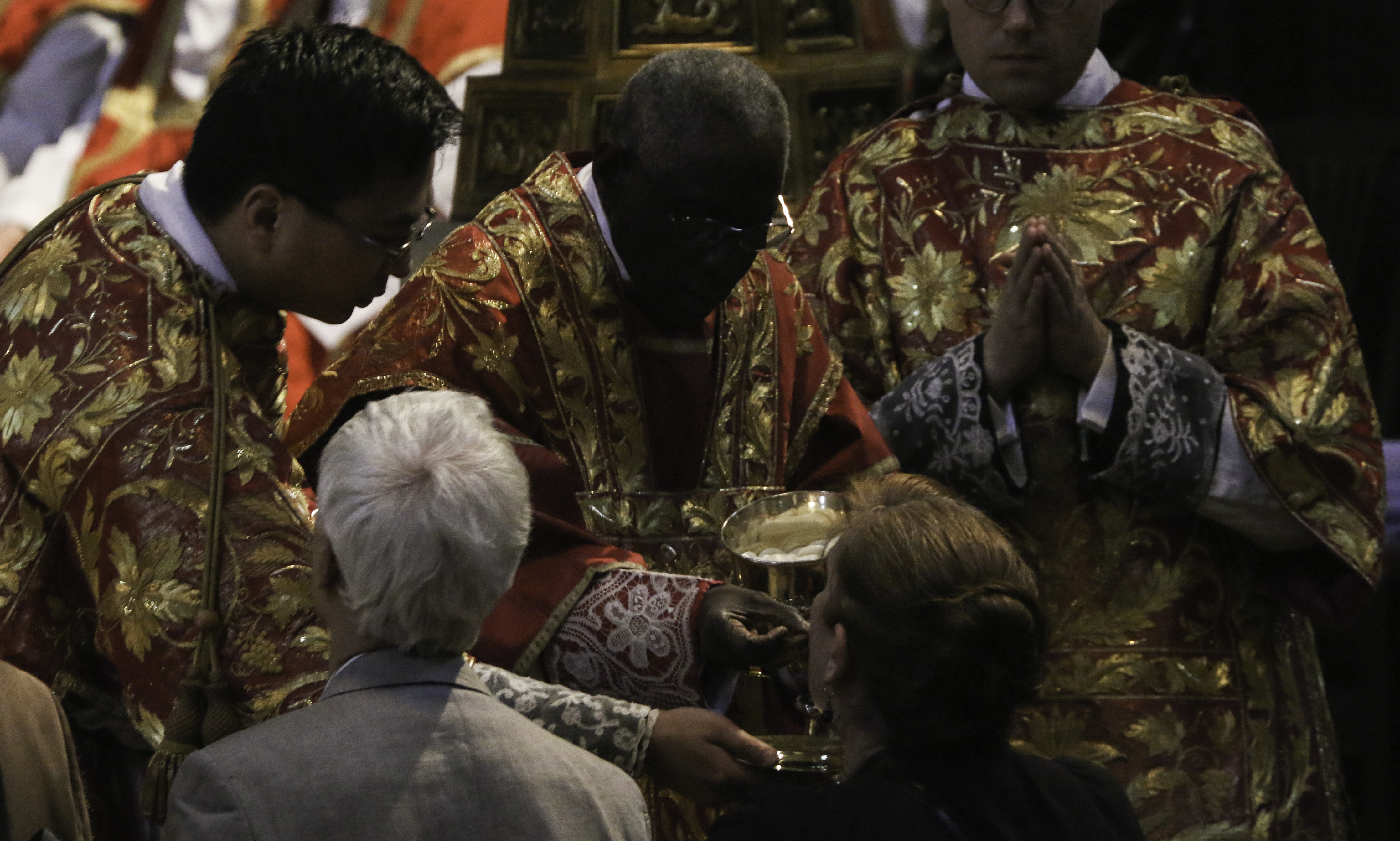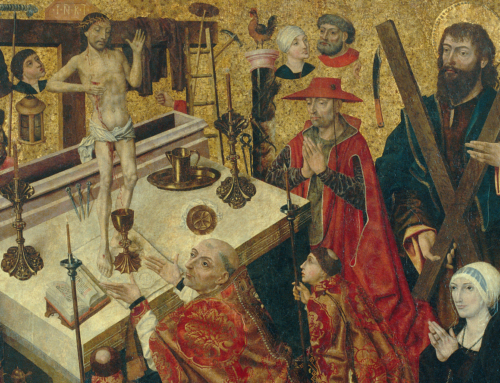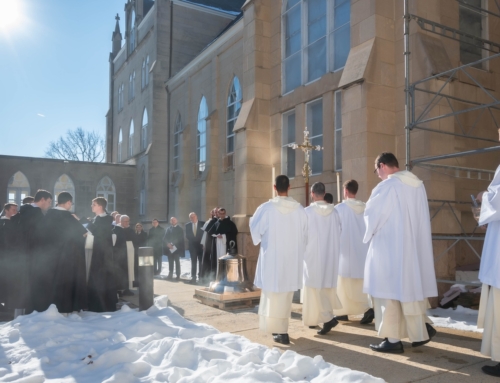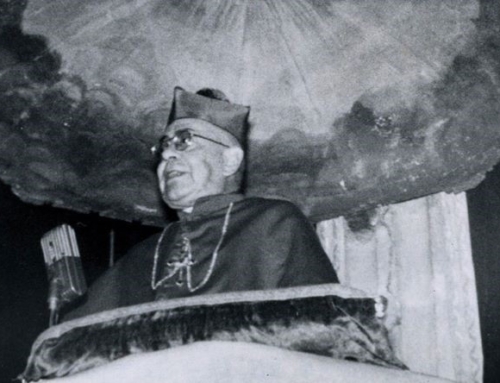Entering the room, I was embraced at once by an eighty-nine-year-old Italian lady.
First she grabbed my shoulder, and then she reached out to take hold of my elbow. Then the first big hug. She continuously clutched my hand, sometimes both my hands, and perhaps she even kissed my hand once or twice. This was only interrupted by many more hugs.
Immediately to my left, this woman’s older sister lay in bed, unconscious. She was dying. My purpose there was to pray and to speak of Christ and his merciful love to the family. Although we did do a lot of speaking, what struck me was how tactile the conversation was.
But this really should be no surprise at all. As embodied beings, we humans need physical contact with each other. It is not enough to read the words of a friend or to hear the voice of a loved one on the phone. This can do for a time, but we long to be in physical proximity to our loved ones. We need to be able to sit in their company, to share food and drink, and to reach out and embrace those whom we love. To have a complete relationship with another person, these tangible signs of love are indispensable.
What about Jesus, who ascended into heaven about 2,000 years ago? Yes, in our relationship with Christ, we need to be able to embrace him too. Or, better, he needs to be able to embrace us. This is where the celebration of the sacraments comes in.
The sacraments, which were instituted by Christ before he ascended, are his means by which he reaches out by his power and embraces us even now. The water, bread, wine, oil, etc. which are used in the sacraments fill the human need for tangible signs in order to experience God’s love. In this way, when one is receiving the grace of Christ through a sacrament—or, in other words, when one is being embraced by Christ—one can sense this embrace through these tangible signs.
Yet, it must be admitted that these signs are not quite as warm or expressive as the hugs of the elderly Italian lady. For instance, Christ is truly, really, substantially present in the Eucharist, but he is hidden under the sacramental veil. Here, it is normal to feel that something is wanting and incomplete in our relationship with Christ. This feeling is also right and good, because it reminds us that we are yet pilgrims in this world. Indeed, we should be longing for that day on which we will arrive at our true home: the day on which we sit down with Christ at the banquet of which our earthly celebration is a mere foretaste.
✠
Photo by Fr. Lawrence Lew, O.P. (used with permission)







